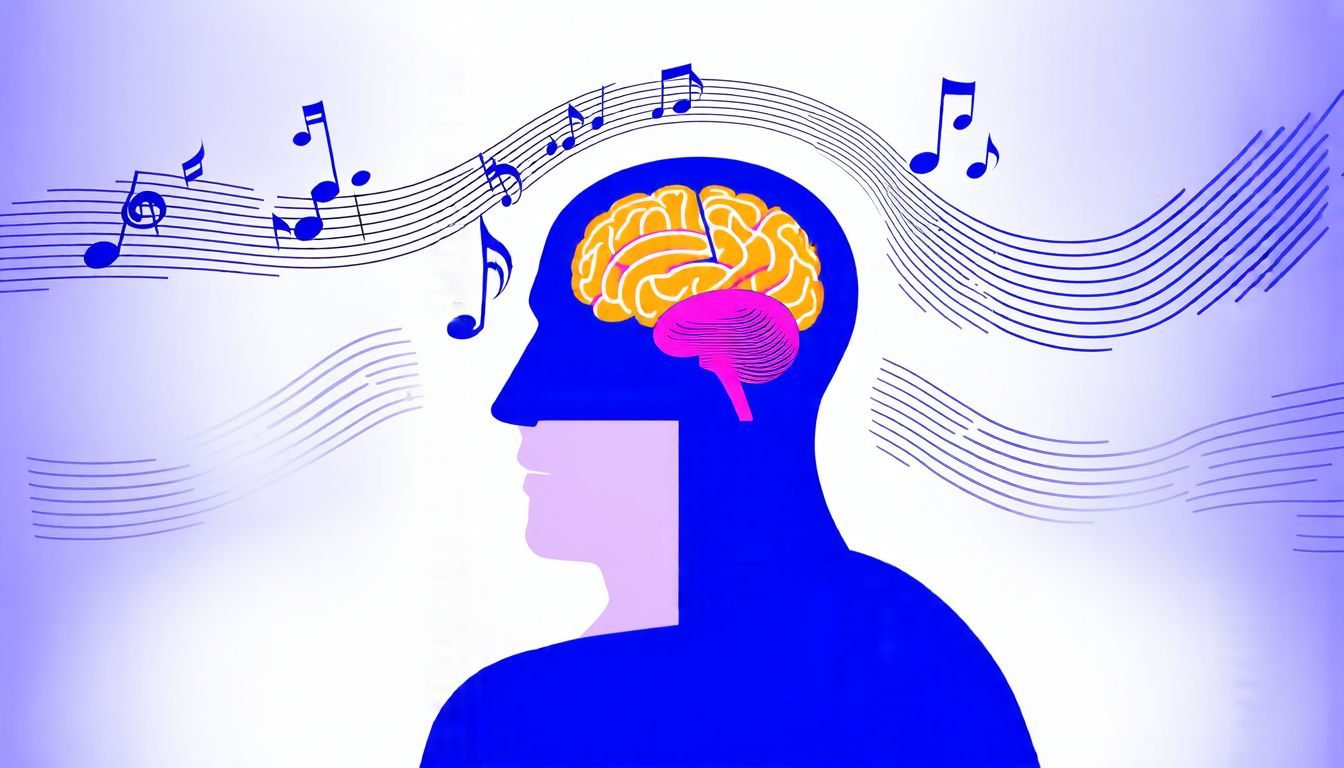Wednesday 16 April 2025
Our emotions are closely tied to our bodily sensations, and music is no exception. A new study has shed light on how our brains process musical structures to evoke emotional responses, revealing a complex interplay between sensory traits and physical sensations.
Researchers used an online experiment to investigate the relationship between hierarchical syntactic structures in music, listener traits, and bodily sensations. They created 26 sound sequences with varying levels of local and global complexity, asking participants to rate their valence (pleasure or displeasure) and arousal (level of excitement) while also indicating any physical sensations they experienced.
The results showed that emotional responses to music are shaped by a delicate balance between the complexity of musical structures and individual differences in sensory processing. Participants with higher levels of sensory sensitivity, for instance, were more likely to experience strong emotional responses to music with moderate levels of local complexity, but not to those with too little or too much complexity.
The study also found that participants who reported avoiding intense sensations in their daily lives showed a stronger correlation between musical complexity and emotional response. Conversely, individuals who sought out intense sensory experiences were less affected by the musical structures.
These findings have important implications for our understanding of music’s emotional impact. They suggest that the way we process music is highly individualized, influenced not only by our personality traits but also by our bodily sensations and preferences for intensity.
One of the most striking aspects of the study was the relationship between sensory processing patterns and physical sensations during music listening. Participants who reported experiencing strong physical sensations while listening to music, such as tingling or goosebumps, showed a stronger correlation between musical complexity and emotional response. This suggests that our bodily sensations play a key role in shaping our emotional experiences with music.
The study’s findings also have potential applications for music therapy and composition. By taking into account individual differences in sensory processing and physical sensations, musicians and therapists may be able to create more effective and personalized music-based interventions for people with anxiety, depression, or other mental health conditions.
Ultimately, this research highlights the intricate dance between our brains, bodies, and emotions when it comes to music. By exploring these complex relationships, we can gain a deeper understanding of how music affects us and develop new ways to harness its emotional power.
Cite this article: “Unraveling the Harmony Between Emotions and Music: A Study on the Influence of Bodily Sensations and Sensory Traits”, The Science Archive, 2025.
Emotions, Music, Brain, Body, Sensory Processing, Complexity, Individuality, Personality Traits, Physical Sensations, Music Therapy







